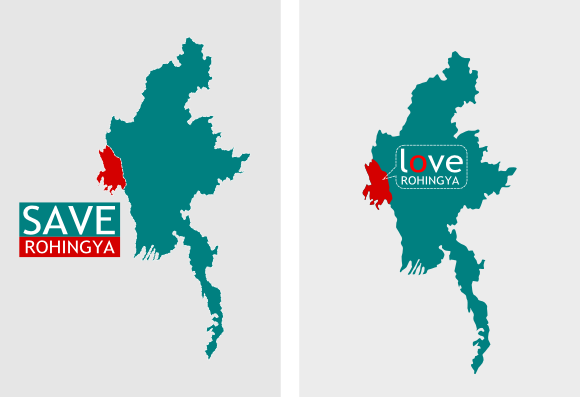Organization-based Programming
Proposal: *
Organization-based programming = Organize agents, objects, and messages exchanged between them, to work on a goal or a process (i.e. “desired outcome”).
Inspiration:
Lemmings, DNA, construction sites, Impossible Creatures.
Definitions:
- Agents are actors that have less predictable behavior.
- Objects are actors than have predictive behavior.
- Both agents and objects are actors.
- Actors can send and receive messages.
- Messages contain content and language. Message content, can be actors themselves (meaning code, not just data).
- Note: No notion of “interpreters”. Interpreters are just strictly behaved objects that, given a message that is source code, executes the parts of the message on behalf of the message author, or itself (depending on privileges etc.).
Actor attributes:
- Smartness: Smart (less predictable behavior) vs. Dumb (predictable behavior). Objects are strictly dumb actors.
- Activeness: Active (continuously running) vs. Passive (runs when called by a thread scheduler).
- Initiativeness: Initiative (does operations even without prior command) vs. Reactive (requires command).
- Collaborativeness: Social (works with others) vs. Individual (does things internally)
- Memory: Mindful (stores experience) vs. Forgetful (always have a blank state).
Example
Agent A is a view mediator. Given a message content that has data and view destination, the agent needs to modify the view so it will display data. For now, agent A only knows how to handle the DataGrid destination.
Then comes a message that specifies a ListBox destination. Agent A is “confused”, so it needs to learn how handle a ListBox destination, or “throw an Exception” (which means sending a message back to the caller, if known, or simply “yelling” or “complaining”), which may or may not force it to learn ListBox handling anyway.
Agent A starts its lifetime with a job that is handling a message of type array of specific type, and passes it to a specific view component. Over time, it evolves to be a smart agent, to be “mediator” in a higher sense, that can handle more varyings kinds of data, and more varying kinds of view destinations.However, basically, agent A is still a mediator (as its “DNA”).
Memory vs. State
In this scheme of organization, the traditional object-oriented concept of “state” is not recognized
What’s recognized is memory, which is an abstract concept of a collection of experiences. An experience is defined as a way to handle a particular message, and its outcome.
* This proposal may be considered hypothetic, fictive, ridiculous, or simply imaginary.
PS:
Possible additional attributes from MyPersonality.info Personality Tests:
There are 16 distinct personality types, each belonging to one of four temperaments as organized by David Keirsey.
| Protectors (SJ) | Creators (SP) | Intellectuals (NT) | Visionaries (NF) |
Preferences
Functions
| |


